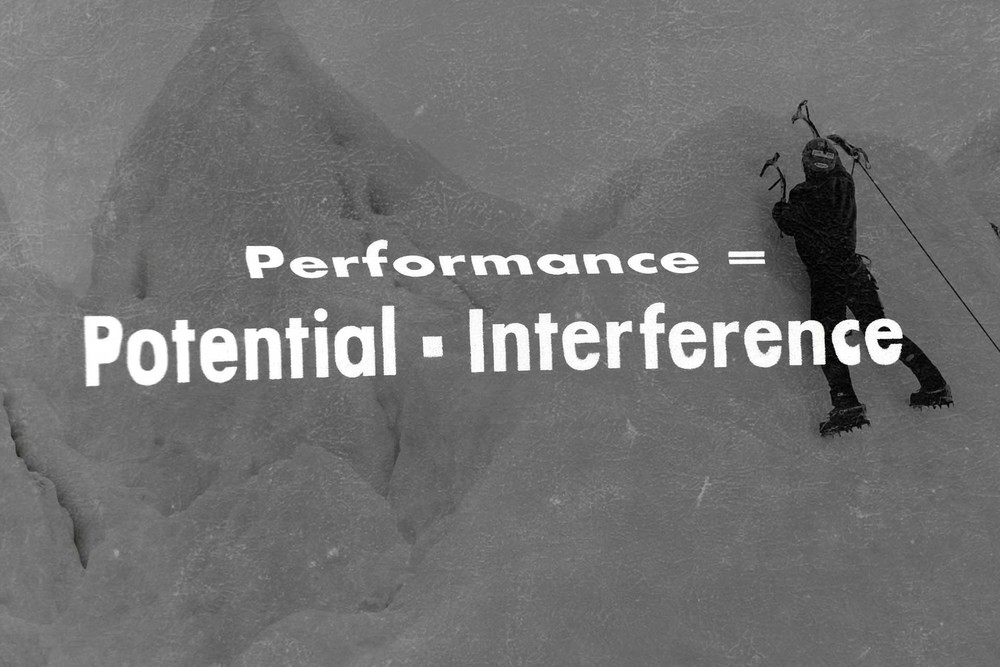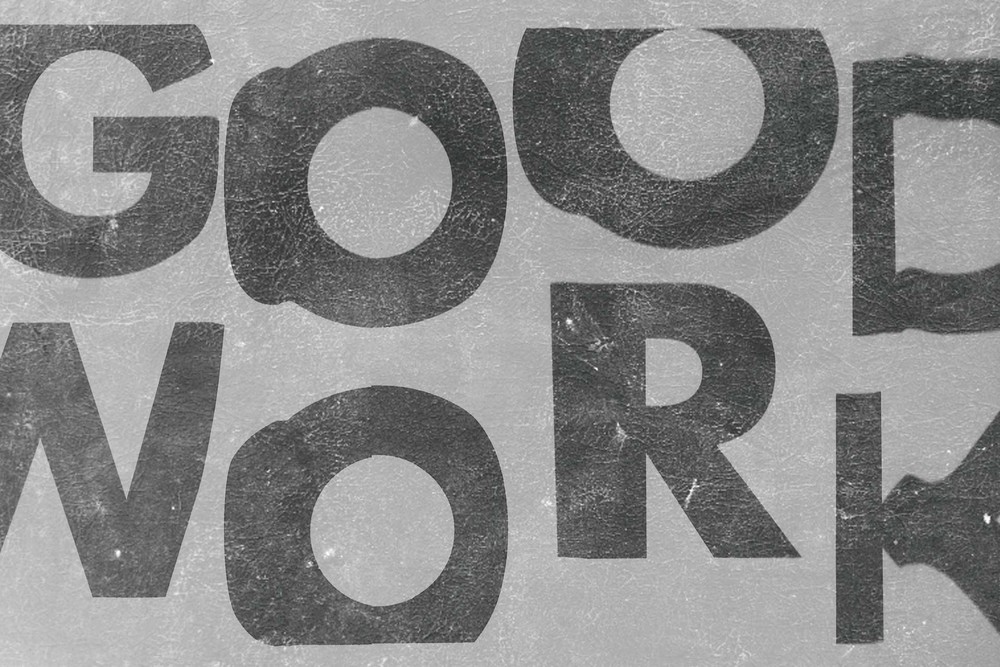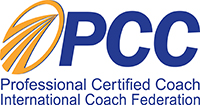Originally published on WealthFit
You’re almost there, you tell yourself.
If you just put in a little more effort…if you think of a slightly better idea…if you work a little bit harder…then everything will be OK.
The Promised Land—a job, a career, wealth—feels like it’s so close. So, you keep doing more, and more, and more.
This might seem like an ambitious and honorable approach. But an endless pursuit of an endless barrier is bound to end up in an endless place: nowhere.
There is another strategy you can use.
It is more effective in the long-term, yet it is also counterintuitive.
That strategy is doing less.
Removing to move forward
Tim Gallwey, a best selling author and coach, has proposed a formula for performance from his book “The Inner Game of Work”:
Performance = Potential – Interference

There are two ways to increase performance. One is to increase potential. The other is to reduce interference
Most motivational advice focuses on increasing potential. Psychology books, TED talks, and inspirational blogs encourage us to learn more, to practice more, to do more.
Yet, as Gallwey’s formula shows, there is more to performance than increasing potential. For that potential to thrive, you can reduce interference, too.
Example of interference
Interference shows up in all kinds of ways. You may have experienced one of these examples:
Interference can be a need for immediate gratification
If you’re desperate for people’s praise, then you will do whatever it takes to receive a smile and positive feedback.
You will always be busy, but without taking risks that could jeopardize other people’s opinion of you.
You’re always active, but it’s not the kind of activity that helps you to grow, or that involves creative risks or innovative leaps.
So, you do, do, do, all the while receiving praise, but without truly getting anywhere in particular.
Interference can be a fear of losing control
If you’re afraid of losing control, then you avoid delegating.
You do far more than you need to, which prevents you from focusing on activities where you have high leverage on your output.
To maintain your sense of control and perfection, you get bogged down in irrelevant details and tasks.
People learn to trust you less because you never give them the freedom to experiment and take risks.
So, you do, do, do, all the while staying in control but without leveraging your skills and without allowing others to grow.
Interference can be a fear of not living up to others’ expectations
If you’re afraid of not living up to others’ expectations, you will only do what you think you should be doing.
The longer this goes on, the more it feels like your inner compass has disappeared.
You lose track of your ability to sense and declare what you want. You end up doing a lot, but never directed toward your own, purposeful and passionate pursuits.
Every day will be a fight against yourself because of past choices, that were made to fulfill other people’s criteria.
So you do, do, do, but without being on the path you want to be on.
Loops and code of discomfort
Those are just a few examples of how interference blocks potential and limits progress.
If such obstacles stay hidden from conscious awareness, they end up directing your life in undesirable ways. They lead to loops of behavior that constrain your options.
As Anthony Hopkins’s character in the series Westworld, Dr. Robert Ford, says, “We live in loops as tight and as closed as ‘the hosts’ [the robots]; seldom questioning our choices, content, for the most part, to be told what to do next.”
For robots, it’s their code that tells them what to do. For us humans, it’s our interference that too often directs our behavior.
Instead of dealing with our obstacles and the discomfort that they entail, we look the other way. We circumvent our discomfort in the easiest way we know how: we do more. And so, indirectly, our fears end up directing our lives.
We avoid our discomfort through ceaseless doing. And we fall into the trap of mistaking movement for meaning. We think that as long as we’re moving forward, we’re fine. We make one fervent rotation of the hamster wheel after another. But sooner or later, we look back and realize we never got to where we wanted to be.
If these obstacles and interferences aren’t addressed, they will keep a lid on what you can achieve, no matter how hard you work. No matter how many hours you put in, and no matter how much you learn, the underlying unease will remain.
Personal growth is not about “adding”—it’s about removing. You whittle away at the sculpture that is you, layer by layer. You respectfully, but deliberately, remove interference—defense strategies designed to protect the wide-eyed child within you, but that have now ceased to be helpful.
Once you reduce interference, then your full potential can come forth.
And that’s where the magic happens.
Reducing interference
Interference gets in the way of good work.
“Good work,” writes David Whyte, “is work that makes sense, and that grants sense and meaning to the one who is doing it and to those affected by it … [it] is a heartfelt expression of ourselves.”
Good work has intentionality behind it. It’s meaningful. It has a positive impact on you and those around you. And when it comes from a place of deep presence and awareness, it “can be shockingly effective,” according to professor of psychology Eleanor Rosch.
The goal is not to sit on a mountaintop and contemplate existence for the rest of your days. Instead, the goal is to do more good work—and less of the wasteful, meaningless busyness we do for busyness’s sake.

Here are three ways to do “good” work:
1) Stop and sit with the discomfort
That constant movement and ceaseless doing is an attempt to avoid the discomfort of stopping.
You might be thinking, “What discomfort? What pain?” This confusion arises because it doesn’t always show up as discomfort—at first.
When you stop, you might instinctively reach for your phone. Maybe you get up and do the laundry, or perhaps you sort through old folders.
Whatever your response, your instinct will be to get moving again. You will reach for that false sense of security that the movement provides.
Stop.
When you stop, you might feel as though the world is crumbling around you. But it’s not the world that is crumbling—it’s your old worldview and self-image that is transforming.
Sit.
Your ability to sit in the discomfort is correlated with the amount of good work you will be able to do. If you can’t bear it, you will avoid it by meaningless doing. But if you can sit right there, you will have space and the patience to be intentional, present, and selective in your actions.
This discomfort of sitting still can seem like it’s a curse of modern life. But this is not a new phenomenon. In the 17th century, Blaise Pascal wrote, ”The sole case of man’s unhappiness is that he does not know how to stay quietly in his room.”
Welcome to humanity.
Sit.
2) Question the doing
As you stop, space opens up. As you sit, you create the mental bandwidth you need to ask yourself the tough questions.
“What am I doing? To what end? What am I trying to achieve here, really?”
These are no small questions. There is a lot at stake. Meaningless busyness has an opportunity cost. You’re taking away time, effort, and power that could go into good work instead.
So, we must assume that there’s a good reason that you are always busy. Whether it’s wanted or not, it is protecting you from something.
Ask yourself, “What if I didn’t do this? What would that lead to?“
Any answers that pop up here will be indications of your underlying belief structure.
For example, your answer to “What if I didn’t stay busy?” might be, “Well, then I wouldn’t be ambitious.”
Dive deeper.
Ask yourself, “What if I weren’t ambitious?” That might lead to, “Well, if I’m not ambitious than I don’t deserve rewards.”
Eventually, that could end up in the realization of, “Well, if I’m not busy and ambitious, then I don’t deserve anything. And if I don’t deserve anything, then I’m not worthy of love.”
So there it is. Your constant busyness has been an attempt to secure attention and love. It is such an honorable, heartfelt desire. It’s a strategy that served a vital purpose for you many decades ago. But now, in your current situation, it has outlived its sell-by date.
As you sit still and dive into these questions, more strands of self-insight will emerge. With every realization comes a release, a relaxation of internal pressure.
Step by step you acknowledge the parts of you that have been desperate for attention for too long—parts of you that have sought strategies like relentless doing, to provide you with a sense of self-worth, love, and belonging.
Although these strategies might seem flawed, they got the job done once upon a time. But now the time has come for a new beginning. It is time to update the operating system.
3) Decide and allow for aliveness
Once you stop and you start to see clearer, there remains a crucial step: the decision to do more good work, and less of the meaningless doing.
Deciding can feel like a violent act. Indeed, the word “decide” comes from the Latin root de-caedere, “to cut away”.
A voice within you resists this violent decision. Doing less? Your internal defense systems will raise the alarm. “No way,“ you think to yourself. “That might work well for people without goals, but I have things to do, accomplishments to achieve. I am under pressure to deliver. I have to keep doing.”
That voice may sound like it’s you. It’s in your head, after all. But it’s not you. It’s a composite of your old defense strategies, backed up by a chorus of downloaded societal voices. It’s a greatest hits compilation of internalized soundtracks, telling you what you are “supposed” to do.
Achieving more by doing less comes down to allowing yourself to do so.
It’s about dancing with the guilt that arises when you persevere despite the social pulls.
It’s about being OK with the choice to stay within your zone of genius, and not to get seduced by the pulls of the crowd.
It’s about being with the discomfort of delaying gratification and sitting still in the mystery of not knowing.
Allowing yourself to sit in that state of not knowing can feel scary. But it has a real, alive quality to it. Like any great adventure, you don’t quite know what the next step has in store. The journey is rhythmic and alive, a reflection of the underlying suspense that makes life such a mystery.
Certainty and control can seem to be attractive targets. But full certainty is nothing more than the background hum of a kitchen fan—dependable and uninterrupted, yet monotonous and stale.
We only notice how annoying the kitchen fan is when we turn it off. The same goes for what we do. Only when we sit still in the not knowing can new answers, real aliveness, and good work emerge.
Be more and let the doing flow from there
Creating the conditions for good work is not about learning more.
It’s a process of sitting still, looking inward, and respectfully but deliberately helping ourselves to uninstall outdated defense strategies.
It’s a long-awaited updating of our operating system, assisting ourselves to become the people we want to be—so that we can do what we know, deep down, that we must do.
“You don’t need to do more to be more,” says sports psychologist Michael Gervais. “We need to flip that model on its head, and talk about being more, and let the doing flow from there.”
The question is not: “What more can I do?”
The question is: “Who do I want to be?” And let the doing flow from there.
